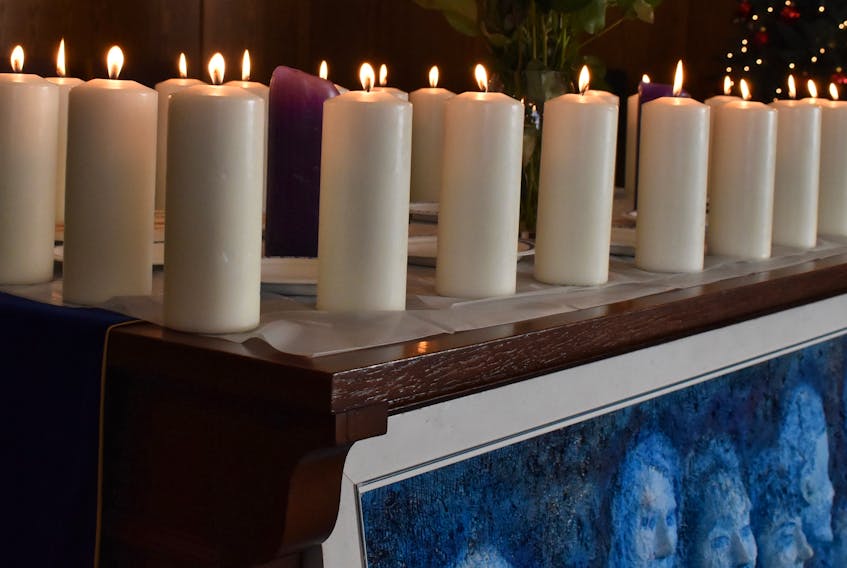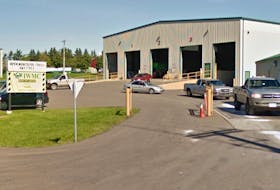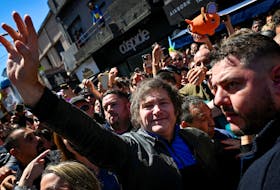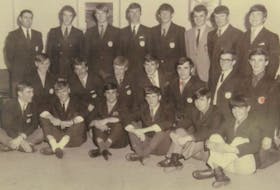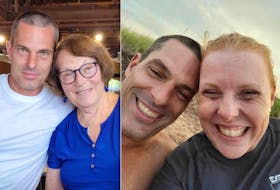MARY WELLS AND SUZANNE KRESTA
GUEST OPINION
“Have you heard?” “Are you safe?” “But how could that happen?” It is astonishing how many of my female friends and colleagues remember the moments from Dec. 6, 1989, and our first reactions on hearing that 14 females (almost all engineering students) had been shot at l’École Polytechnique in Montreal.
We remember estimating that three per cent of the female mechanical engineering students died that day. At that moment in history, every female engineering student was a pioneer. Many of them entered engineering in spite of being told they would not get admitted or that they would fail. Today, many of our students are mystified by our emotion each Dec. 6.
This confounding of violence against women with engineering classes is not part of their reality. For them, camaraderie, fascination with how things work and a shared passion for making the world a better place are allconsuming. We realize this with gratitude and shared delight. And yet, we remember. Some things have not changed. The first moment a student realizes she is the only woman in the room and finds herself wondering if she really belongs; our shared grimace when NASA only packs one female sized space suit, so the first all-woman spacewalk is delayed.
But the joy of what we do as engineers is so much bigger than the occasional frustrations we endure. As deans and leaders in engineering education, we see the passion and the gifts of our students every day. We quietly cheer when a hard-working student passes a difficult midterm or hands in exceptional work and we share their joy at convocation.
Yet every year, we are reminded of a day in 1989 that casts a shadow on our campuses. Spurred on by a belief that the future can be better than the past, Engineering Deans Canada shares the common goal of attracting an engineering student population which reflects the communities we serve. We want to ensure that the engineering profession is not only inclusive and accessible to everyone but ensure that Canada benefits from a profession that is diverse in thought, in contributions and in practice.
This year, we want to celebrate a group of women who were in engineering schools across Canada in 1989 or who had just graduated. These women lived through the shooting. They stayed the course. They went on to build and do great things and generously mentored the next generation of engineers. They have led the way in a career that asks much, and offers more in return.
Our intention in focussing on these stories is to move forward from what was lost in the form of young lives, and to put a spotlight on the potential realized in the form of other lives that were touched by the event, but spared to continue their life’s work. These stories have been shared on social media over the last month (with the hashtag #30yearslaterengineers and #december6), and are now collected in a permanent web resource at www.30yearslater.ca.
Efforts to address the gender balance in engineering are working. Today we have 88,000 undergraduate engineering students across Canada, and 22 per cent of them are women.
But more could be done. As we think about ways to make the engineering profession more diverse, we are actively changing our programs to place technical challenges in a diverse human context, because serving people is the essence of engineering practice. We are modifying our buildings and our study spaces to make them more welcoming. The heart of engineering is design. By creating blended learning spaces, we ensure our students interact socially but also collaborate in teams to solve problems. Engineering student teams frequently work in dedicated atria filled with natural light or specialized maker spaces.
Equity, diversity and inclusion (EDI) should pervade everything that is done within our Universities and our workplaces, in the same way health and safety is now part of our culture. It is becoming a consideration in our curriculum design and in student projects.
We remember those 14 young women who so tragically and needlessly lost their lives 30 years ago. You are forever with us and you inspire our progress forward as engineers.
Mary Wells is Dean of the College of Engineering and Physical Sciences at the University of Guelph. She graduated with her first engineering degree in 1987 from McGill University. Suzanne Kresta is the Dean of the College of Engineering at the University of Saskatchewan. She graduated with her first engineering degree in 1986 from the University of New Brunswick.

